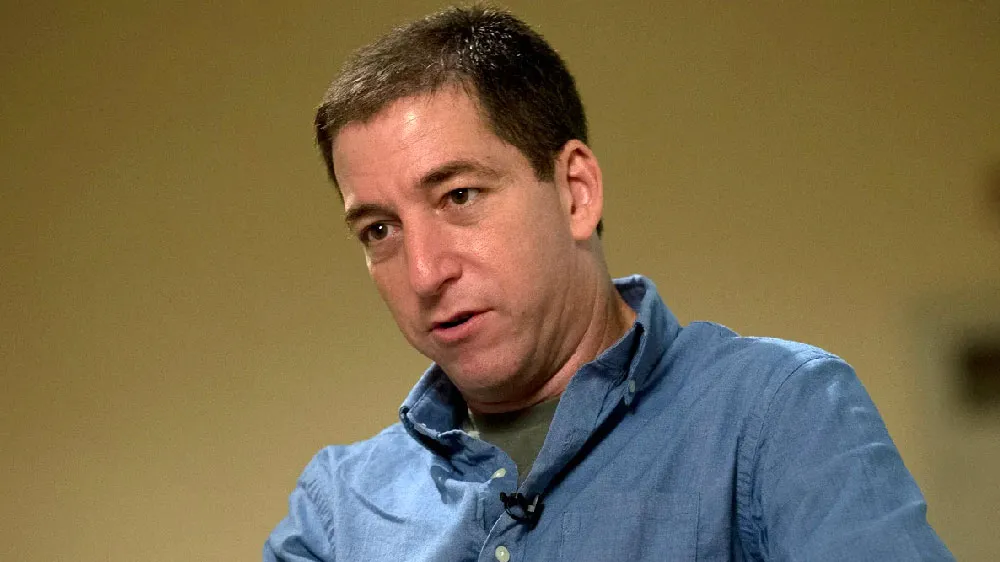September 11, 2014
Hornet App Takes Aggressive Approach to Preventing HIV Infections
Winnie McCroy READ TIME: 4 MIN.
As part of the growing arsenal of tools to keep people aware of their HIV status, Hornet Gay Social Network, the fast growing gay mobile app, has added another in-app tool with aids.gov to help prevent HIV infections and reduce stigma.
"Social networks are powerful tools to build community," CEO Sean Howell told EDGE. "In some parts of the world it is the only means for gays to unite. We have had some pretty inspiring stories from every corner of the world."
Earlier this year, Hornet announced they had reached 3.4 million users worldwide. Within the Hornet app, social network members can keep track of their status, and use their tools to find the ten closest HIV testing locations. The widget is supported by the Centers for Disease Control and Prevention and is available for free at http://aids.gov/locator/
AIDS.gov built their own mobile app, but adding this tool to Hornet puts the information right in the hands of the men who can use it the most. While there was not a developer kit ready-made, Hornet's tech team used the API to make queries and import as a JSON and display this information for users.
"Building in the aids.gov clinic locator is an even bigger step forward and one that matches the other uses of the app well," said Howell. "This tool brings in the closest clinics for HIV testing to your location and has a variety of ways to help you reach them. This kind of geo-specific resource is something the community should expect from apps like ours."
The tool only works in the U.S. at the moment, but Hornet is working with ministries of health overseas to expand this and is lobbying to have a global tool built.
"We have some other neat features overseas in super high-risk HIV countries as well," said Howell. "As long as we think the community has added value from these tools we will keep investing in them and doing our part to make a difference."
Howell said that they have also had great success helping academic studies find participants, noting that, "The needs of our community are so big that I think you will keep seeing more from us on this front and we always welcome feedback, ideas and partnerships with non-profits."
Hornet members can access these tools from their favorites list. It appears in their first favorite location, emphasizing the importance Hornet has put on the campaign. Howell hopes it will lead to more young men being tested.
New trends among young people show that HIV rates are increasing once again, 132.5 percent from 2001-2011 -- a much higher increase than older gay men and a significant contrast with the drop amongst the general population. Studies show that public concern about HIV has decreased. Yet the number of people living with HIV in the U.S. exceeds 1.1 million and continues to grow.
To end the epidemic, we need help promoting HIV services in ways that are far-reaching and lasting. Traditional advertising does not reach all users in need of health services. Sophisticated geo-specific resources are powerful. That's where Hornet's aggressive approach to HIV testing comes in.
Hornet at its launch in 2011 was the first to introduce the "Know Your Status" KYS campaign to mobile social networks for gay people. In their profile, positive or recently tested guys get a KYS Badge, so that users are prompted to enroll in this purely voluntary campaign for a safer community. Once a test comes up for renewal, Hornet reminds people to get tested again, or their KYS status lapses to 'unknown.'
"When we first launched we knew we could do something cool to impact health. So we started with a know-your-status feature, which we decided to leave in the app permanently," said Howell. "This lets you save the date of your last test date and reminds you in six months. Not only is there that six months reminder, but even having a place where your test date is posted is an added tool to help you realize when it has been way too long."
Hornet Networks is a gay-owned developer and distributor of the Hornet smartphone application, a location-based mobile dating and social network that that lets you meet new friends based on criteria you set including geography, share photos quickly by sharing preloaded galleries, and keep notes about people you chat with. Founders and backers include the ranks of LGBT at Microsoft, LinkedIn and Silicon Valley venture technologists.
"We wanted to use what we do best -- mobile technology -- to make a difference," said Howell.
To download the Hornet App from the Apple Store, visit http://bit.ly/askhrnt and in Google Play visit http://bit.ly/hornetandroid. For more information, visit www.gethornet.com
Winnie McCroy is the Women on the EDGE Editor, HIV/Health Editor, and Assistant Entertainment Editor for EDGE Media Network, handling all women's news, HIV health stories and theater reviews throughout the U.S. She has contributed to other publications, including The Village Voice, Gay City News, Chelsea Now and The Advocate, and lives in Brooklyn, New York.


